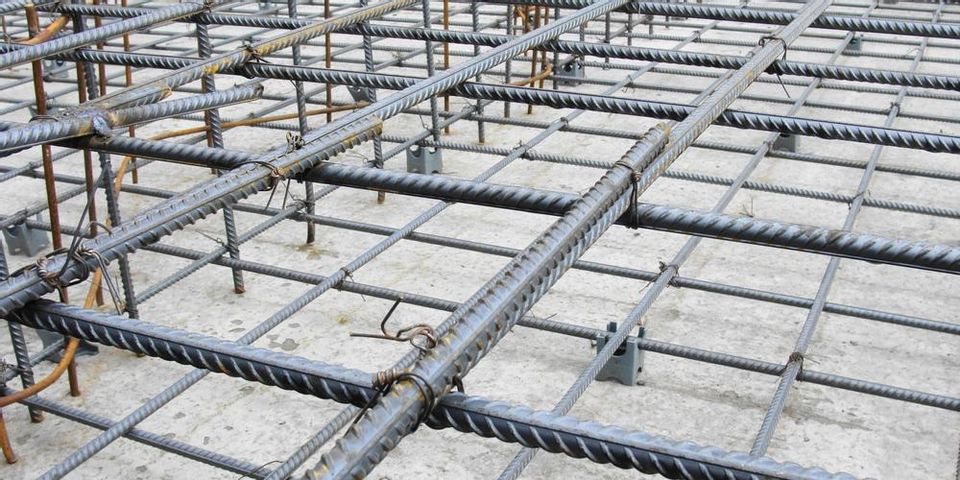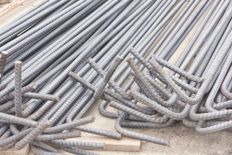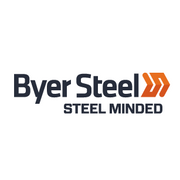
Concrete offers immense compressive strength, but that doesn’t mean it won’t crack under pressure. In the absence of ductility, concrete construction can be particularly vulnerable to damage. Fortunately, by pouring concrete through the rebar construction method, the material can pack on much greater loads without cracking. Since steel and concrete share a very similar thermal coefficient, rebar provides serious tensile reinforcement.
Top Types of Rebar to Use for Concrete Construction
1. Carbon Steel
Characterized by its black hue, carbon steel significantly boosts tensile strength and functions optimally in slurry. When combined with high-alkaline concrete, the slightly rusted rods create a chemical reaction that prevents corrosion.
2. Stainless Steel
Stainless steel contains minimal carbon and an abundance of chromium, nickel, or manganese that makes it resilient to corrosion. It also can accommodate more weight than carbon steel, which makes it perfect for dowels on expansion joints. It also is commonly used for roads, piers, bridges, and seawalls.
 3. Epoxy-coated Carbon Steel
3. Epoxy-coated Carbon Steel
Epoxy-coated carbon steel is more fragile than stainless or carbon steel, but still works well to prevent concrete from rusting. Rust pushes on concrete and can eventually cause it to disintegrate, which epoxy-coat carbon steel prevents.
4. Galvanized Steel
Hot-dipped galvanized steel rebar contains a zinc coating that likewise prevents rust. The zinc layer adheres more tightly to the metal than epoxy, however, which makes it less fragile and more ideal for projects that involve shipping or welding.
If you have a concrete project on your hands, make sure you reinforce it with high-quality rebar. In Cincinnati, OH, and beyond, locals look to Byer Steel for a variety of robust rebar options. To learn more about the steel manufacturing center, visit the website. If you would like to place an order or ask a question, call a helpful professional today at (513) 821-6400.
About the Business
Have a question? Ask the experts!
Send your question

